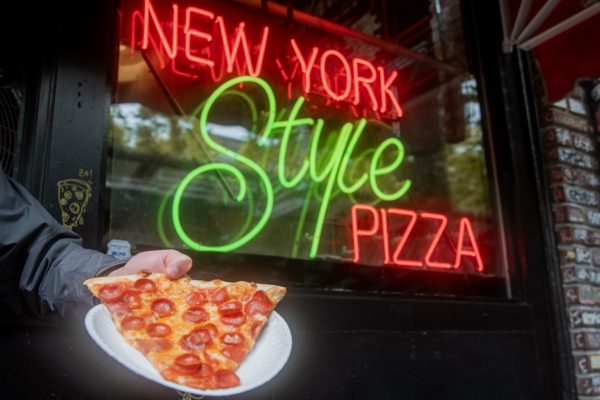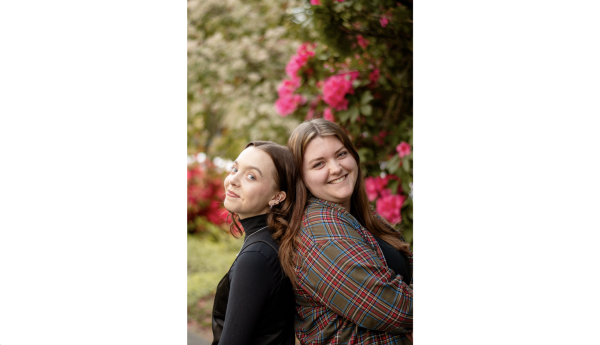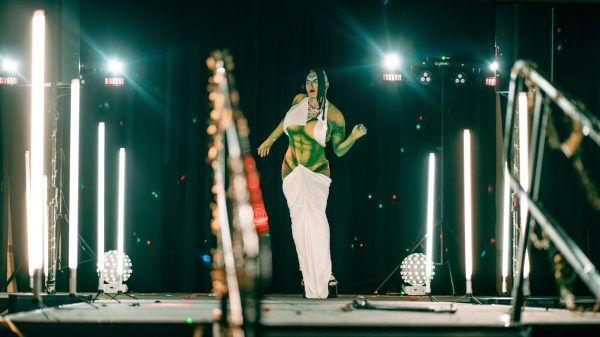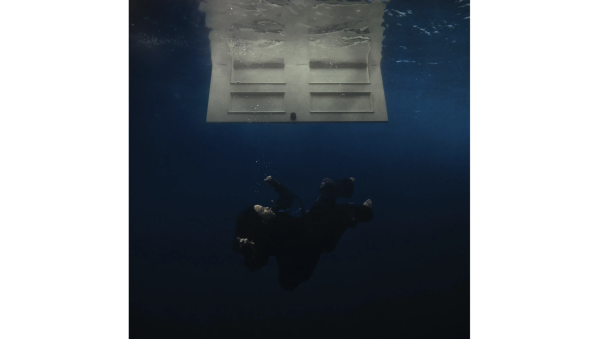The Good Place Hits The Sweet Spot
NBC’s “The Good Place,” created by Michael Schur, the fourth and final time last Thursday, Sept. 26. Equal parts humor and moral philosophy, “The Good Place” breaks the sitcom mold viewers have grown so accustomed to both in its delivery and content.
Soleil Cababa, a third-year at Seattle University, said that she was pleasantly surprised by “The Good Place.”
“It’s very, very good. I thought [the show] was going to be the corniest thing on TV but instead it’s really cute,” Cababa said.
Each season of “The Good Place” is completely different from the last. Both the setting and characters grow and change as the show moves forward. However, even as the show’s source of conflict becomes more and more nuanced—its driving question, or natural ending—first introduced in its pilot episode, remains the same and demands closure: does Eleanor Shellstrop(Kristen Bell), a selfish and bad person during her time on Earth, get to stay in the Good Place for the duration of her afterlife?
For those who don’t know, the show focuses on Eleanor, an individual who acted selfishly and inconsiderately during her time on Earth as she navigates her way through the afterlife. In season one of “The Good Place,” Eleanor finds herself in the good place. It is revealed later that the good place is actually the bad place is disguise. Eleanor and her friends are sent back to Earth in season two by the Judge of the Universe in order to test if they are capable of change. Season three reveals that the system used to calculate a person’s goodness or badness is flawed.
As the show follows Eleanor and her friends’ attempts to become better people, serious questions surrounding the nature of humanity and what it means to be good arise. Is there hope? Is there redemption? Are we capable of change?
Micheal (Ted Danson), a reformed demon and advocate for Eleanor and her human friends, explains why the system dictating a person’s afterlife is archaic and flawed.
“Every day the world gets a little more complicated, and being a good person gets a little harder,” Michael said in season three.
In a time where division categorically describes our country’s political climate and global capitalism dictates unforeseen consequences for every action, “The Good Place,” with its message of empathy, togetherness and resilience, is incredibly relevant. Each character on the show demonstrates their capability to change for the better, despite being dead—a supposedly fixed state—past the point of no return.
The charm of “The Good Place” is found in its digestibility. Managing to convey convoluted philosophical ideas in a way that is simpler than any philosophy UCOR previously thought possible, and presenting heavy subject matter without immediately causing its viewers to spiral in existential dread, “The Good Place” hits a sweet spot somewhere between instruction and entertainment.
“The concept [of the show] was interesting to me and I found myself actually wanting to see what would happen next. I think I’ve been interested [in the show] because of the topics it addresses while still maintaining a positive and comforting atmosphere,” Third-year Kat Johnson said.
With a destination in mind and a fast-approaching end in sight, “The Good Place” wastes no time in giving us the information we need. Its deliberate progression is refreshing and so unlike the long-drawn-out, cookie-cutter arcs we see in droves— I’m looking at you, “Friends.”
Amanda Fawcett, a graduate of the Seattle U class of ‘19, weighed in on “The Good Place” being a show that knows when to end.
“I think the decision to end was the best thing to do. Most shows build up to a breaking point of ridiculousness. I think by ending now and by announcing the final season, ‘The Good Place’ is given a lot of dignity,” Fawcett said.
Chidi (William Jackson Harper), a moral philosophy professor and one of Eleanor’s friends, gives a speech at the end of season two about why we should choose to be good, in spite of how impossible it may seem.
“So, why do it then? Why choose to be good every day if there is no guaranteed reward we can count on, now or in the afterlife?” Chidi said. “I argue that we choose to be good because of our bonds with other people and our innate desire to treat them with dignity. Simply put, we are not in this alone.”
Soon, “The Good Place” will draw to a close, but its message is something we need to remember: the most important thing we can do is continue to try.
Debbie may be reached at [email protected]










